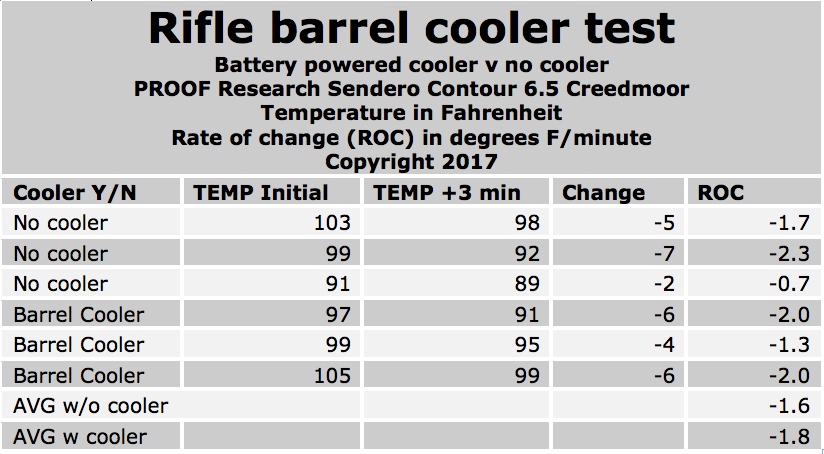Does anyone measure barrel temp? At what temp is a barrel too hot and needs to be cooled?
A gun barrel can get incredibly hot, depending on the type of gun and how often it is used. A small handgun may only get warm after firing a few rounds, but a larger caliber rifle or machine gun can heat up to the point where it is too hot to touch within seconds of firing. The hottest parts of the barrel are usually near the chamber and muzzle, where the combustion from fired rounds is hottest. Gun barrels can reach temperatures well over 1,000 degrees Fahrenheit, and even hotter in some cases.
With such high temperatures, iron gun barrels will start to glow red-hot after prolonged firing. This isn’t generally a problem with steel barrels though, as they have a higher heat tolerance. Still, both types of barrels will eventually overheat if firing is continued for too long without a break. This can cause the barrel to warp or even melt, rendering the gun useless.
So how do you keep a gun barrel from overheating? One way is to simply give it time to cool down between shots. This isn’t always practical though, especially in combat situations. Another way is to use a barrel cooling system, which forces water or some other coolant through the barrel to help keep it cool. These systems are generally only used on larger guns, such as machine guns, that tend to overheat quickly.
No matter what type of gun you’re using, it’s important to keep an eye on the barrel temperature. If it starts to get too hot, stop firing and give it a chance to cool down. Otherwise, you could damage the gun beyond repair.
Have more questions about gun barrels? Feel free to ask in the comments below.
A gun barrel can get extremely hot, particularly when firing rapidly. The heat is generated by the friction of the bullet against the barrel and by the explosion of the propellant. This heat can cause problems with accuracy and also shorten the life of the barrel.
It is important to keep your gun barrel clean and well-lubricated to minimize heating. When cleaning a heated barrel, be sure to wear gloves and use a brush designed for firearms. Never use any chemicals on a hot barrel as this can damage it. If possible, allow the barrel to cool completely before cleaning it.
In general, it is best to avoid a rapid fire with any weapon. If you must fire rapidly, do so in short bursts to allow the barrel to cool between shots.
Typically, the barrel of a gun will get quite hot after extended use. This is because the barrel is in contact with the hot gases that are produced when the gun is fired. The heat from these gases can quickly build up and cause a “barrel glow” – a phenomenon where the metal of the barrel becomes red-hot.
In some cases, such as when firing rapidly in full auto mode, the barrel can become so hot that it begins to melt. This can lead to catastrophic failure of the gun and potentially dangerous injuries to the shooter and those nearby.
That being said, there are ways to mitigate this problem. Many modern guns have heat shields or other mechanisms in place to help keep the barrel from getting too hot. Additionally, shooters can be sure to take breaks between firing sessions to allow the barrel to cool down.
Of course, it’s always best to consult with a qualified gunsmith or other firearms experts before making any modifications to your gun.
There is no definitive answer to this question since it can vary depending on the type of gun and the ammunition being used. However, a generally accepted answer is that the barrel of a gun can get hot enough to cause first or second-degree burns.
When a gun is fired, the expanding gases created by the burning powder create tremendous pressure on the bullet as it travels down the barrel. This friction between the bullet and barrel creates heat, and extended firing can cause the barrel to heat up to temperatures over 1200 degrees Fahrenheit. While this may seem extremely hot, it should be noted that many materials can withstand these kinds of temperatures without suffering any significant damage.
However, extended exposure to these kinds of temperatures can cause the metal of the barrel to soften, which can lead to a loss of accuracy and potentially dangerous situations. For this reason, it is important to take breaks periodically when firing a gun to allow the barrel to cool down.

